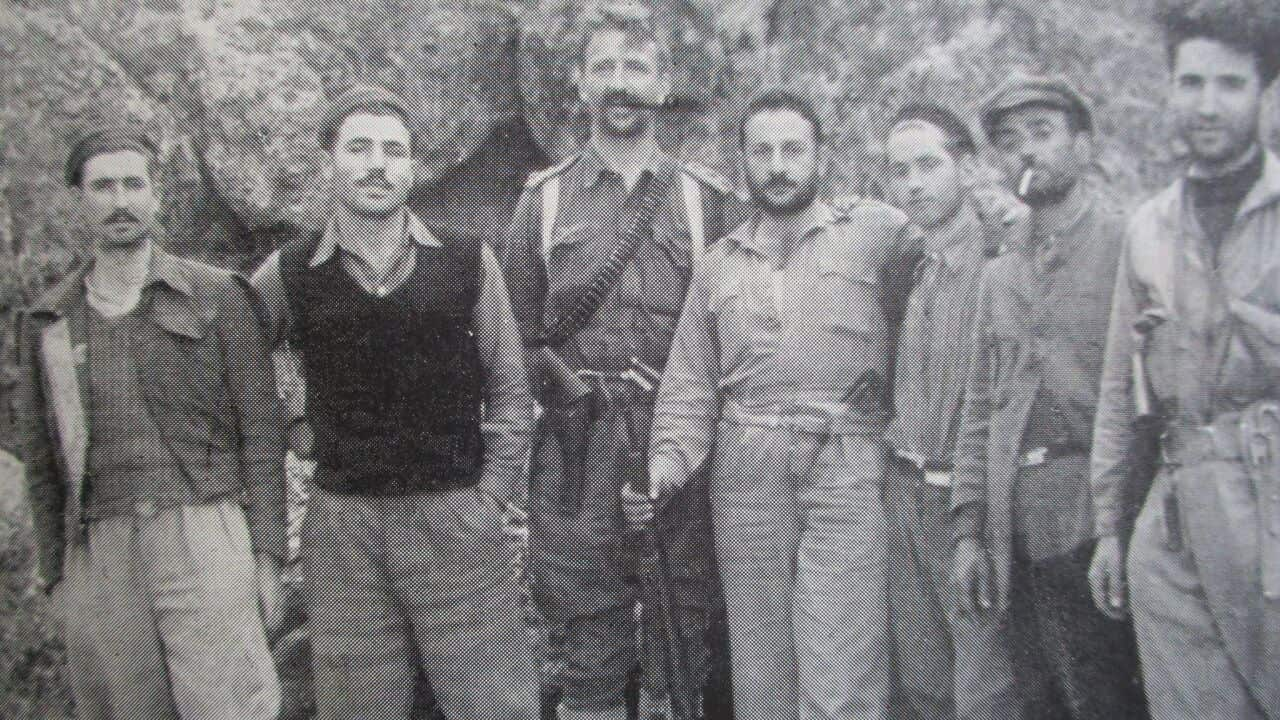It was a busy day for teenager Olga Black and hockey practice had been exhausting. She was dozing off on a Melbourne tram when her somnolence was interrupted by loud voices arguing about her ethnic background.
"I am going to ask her if she is Greek," she heard a young man saying.
"I am sure she is Greek. I'll ask her," he insisted.
Young Olga, embarrassed and terrified, got ready for a scuffle she thought was about to break out.
"Back then, in the 40s, you didn't want to be Greek or Italian; you wanted to be Anglo," she says.
Her thick, black, curly hair was a giveaway of her ethnicity, and the man was convinced the teenager leaning on her hockey stick was a Greek.
"I was getting ready for the confrontation, and I could hear an older male voice saying 'leave her alone'. I saw the conductor approaching; I was scared, didn’t know what to expect. I kept my head down. Then I saw a pair of army boots in front of me," says Ms Black.

Olga Black in Melbourne, 2006 Source: Effy Alexakis, from the 'In Their Own Image: Greek-Australians' National Project Archives
"I looked up and said, 'yes, yes I am'," recalls Ms Black who is now in her 90s.
What happened next brings tears to her eyes every time she remembers that incident.
“Let me shake your hand. Your people saved my life," the soldier told her, and turning to the tram driver, he demanded to stop the tram, and the soldier addressed the passengers.
"I want everybody to hear; I’ve just come back from Greece. This is a Greek girl. Whenever you see a Greek, you shake them by the hand. They saved my life."
Ms Black, whose family hails from Ithaca, says it was one of her proudest moments.
She says WWII and the Greek Campaign of 1941, which saw the ANZAC Corps being re-formed for the second and last time, was a catalyst for race relations in Australia.
"The soldiers' stories put us (Greeks) on the map, and put Greece on the map as a place of friends and allies, and a place to be admired."
Ruth Riordan and Shirley Devery, daughters of Anzacs of the Greek Campaign, echo Olga Black's sentiments. Their fathers fought in Greece and survived the Nazi onslaught due to the locals' brave and often self-sacrificing efforts.
"My father always said that they were the bravest people," says Ms Devery whose father, Tom Devery, was hidden by the Cretans until merciless reprisals by the Nazis forced him and his mates to surrender.

Ruth Riordan with her father Frank Ezzy who fought in the Greek Campaign of 1941 Source: courtesy Ruth Riordan
"If it weren't for the bravery of the Cretans and the Georgiakakis family who took my father in and protected him, I wouldn't be here today to tell the story,", she says.
Ms Riordan later retraced her father's footsteps in Crete and established ties with the Georgiakakis family.
The late Gordon Beal, an ANZAC of the 1941 campaign, recalled in an interview to SBS Greek how on his way to the evacuation point outside Athens the locals met them with offerings of food, drinks and good wishes.
"Although we didn't understand the language, we understood that they were thanking us and wishing us well, it was more in the way it was expressed. I'll never forget that," he said.

Gordon Beal Source: Supplied
"In a way, I am glad I went, I am glad I was part of it," he said, looking back at the events of the Greek Campaign of 1941.
"In fact, there’s been a bond between the two countries that would have never existed, and we have now in Australia and, particularly here in Melbourne, a big Greek community that’s made a world of difference to the country.”
Olga Black, after that incident on a city tram in Melbourne, wore her black hair unafraid and undaunted knowing that the possibility of derogatory racial comments had diminished "not because of that boy in the tram but because of the returning soldiers' stories" she says.
“What happened in Greece boosted the morale here in Melbourne. Everybody looked at the Greeks differently. The Australians looked at Greeks differently from then on," Ms Black says.
You can hear the stories of Olga Black, Ruth Riordan, Shirley Devery, Gordon Beal and others in SBS Greek's podcast series .

